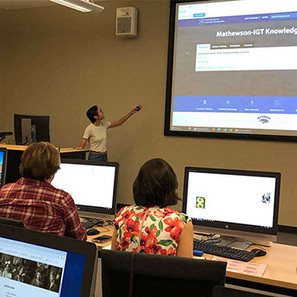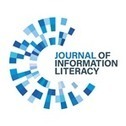Libraries and funding agencies are finally flexing their muscles against journal paywalls. Authors should follow suit.
A PERSON COULD BE FORGIVEN for believing 20 years ago that the internet would soon revolutionize academic publishing. With the emergence of the world wide web, it suddenly became possible for academic publishers to disseminate scholarly work at the click of a button — at a fraction of the cost of printing and mailing hard-copy journals. Recognizing the opportunity, many scholars and librarians began to advocate a new, open access model of academic publishing, in which research articles are made freely available online to anyone who wants them, not just affiliates of colleges or universities. The result would be a true online “public library of science” — which, as it so happens, also became the name of one of the first publishers to embrace the model.
As a new librarian in the early 2000s, I believed passionately in the cause of open access and worked hard to bring it about. But almost two decades later, the movement has made only slight gains at the margins, and the traditional subscription-based model remains firmly entrenched in academia. For the university libraries who bear most of the subscription costs, it is as though the internet revolution never happened: Since 1986, research library expenditures have grown at more than four times the rate of inflation, with journal prices showing the greatest price jumps of all.
Via
Elizabeth E Charles



 Your new post is loading...
Your new post is loading...









